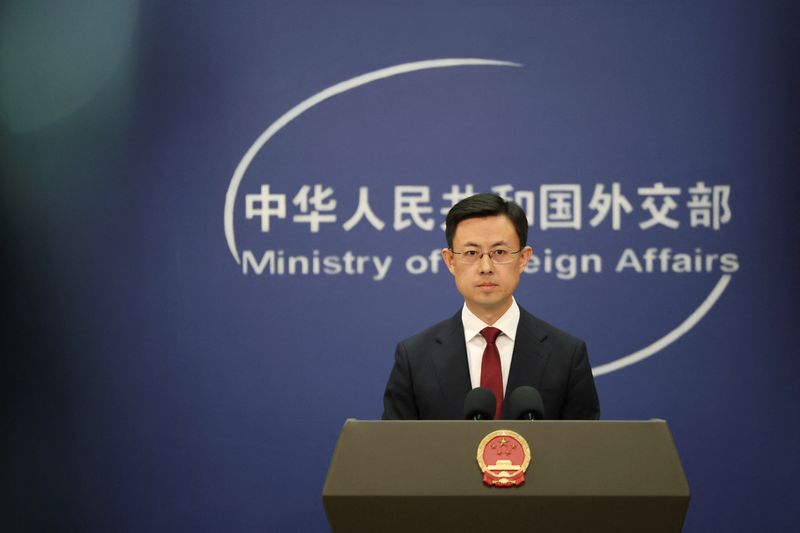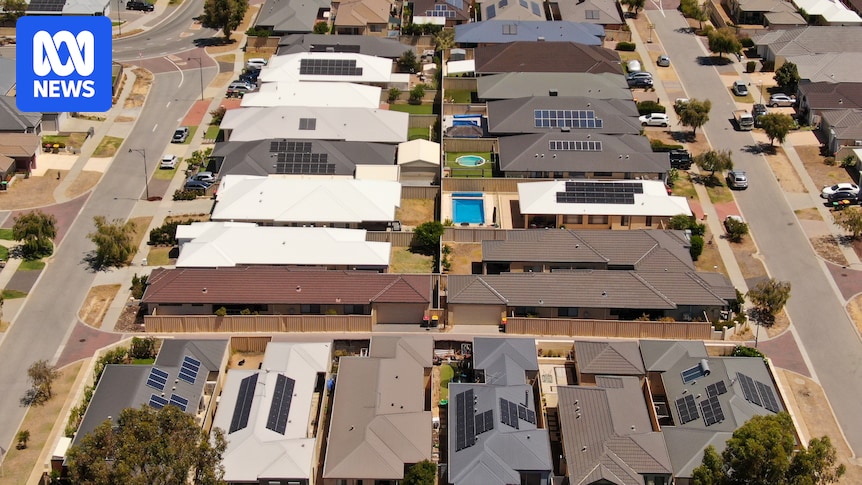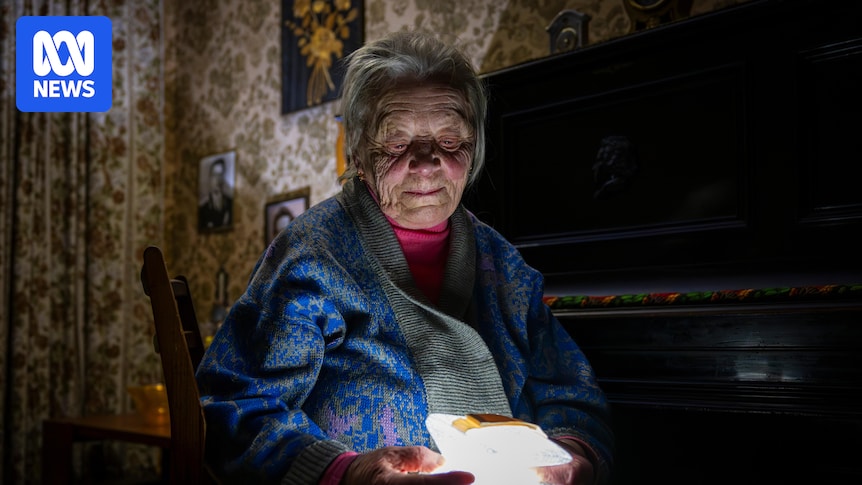
The Albanese Government has announced a significant investment of $3 million to combat dementia among First Nations people. This funding supports a joint international research initiative involving Australian and Canadian teams, aimed at addressing the unique challenges faced by Indigenous communities in managing dementia.
Two research teams, from Australia and Canada, will receive funding from the National Health and Medical Research Council (NHMRC) as part of the 2024 NHMRC-Canadian Institutes of Health Research (CIHR) Canadian Consortium on Neurodegeneration in Aging (CCNA): Indigenous Health Research grant opportunity. The research will focus on three key areas: primary prevention of Alzheimer’s disease and related dementias, improving diagnosis and treatment to delay or slow disease progression, and enhancing access to quality dementia care for First Nations people and their care partners.
Addressing a Growing Health Crisis
The announcement comes at a critical time, as Dementia Australia estimates that 433,300 people in the country are currently living with dementia. This number is projected to nearly double to 812,500 by 2054. Alarmingly, First Nations people are disproportionately affected, with dementia rates 3-5 times higher than the general population.
Professor Dina LoGiudice from the University of Melbourne will lead one of the projects, focusing on developing strength-based approaches for assessing and measuring cognitive impairment, dementia, and frailty that respect cultural differences. Meanwhile, Associate Professor Kate Smith from the University of Western Australia will spearhead efforts to create community-informed resources to improve healthcare accessibility and quality for First Nations people globally.
Integrating Indigenous Knowledge and Modern Research
This development follows a growing recognition of the need to integrate Indigenous knowledge systems with contemporary clinical research. The collaborative effort between Australian and Canadian researchers aims to foster increased cooperation between First Nations communities and researchers in both countries.
“The Albanese Government is committed to investing in innovative health and medical research that contributes to better health outcomes for First Nations communities,” said Assistant Minister White. “Projects funded today will help combine First Nations knowledge systems with state-of-the-art clinical research and care. This will strengthen our efforts to Closing the Gap.”
Professor LoGiudice emphasized the importance of reimagining how frailty is measured in dementia patients, highlighting the project’s focus on First Nations perspectives and wellbeing. She noted the project draws on Indigenous teachings, such as the Two-Row Wampum, which promotes peaceful sharing and mutual cooperation.
International Collaboration and Future Implications
The move represents a significant step towards building a more inclusive and culturally sensitive approach to dementia research. Associate Professor Smith highlighted the importance of Elders as integral knowledge holders within the community, noting the collaboration builds on a longstanding partnership between Canadian and Australian Indigenous researchers in Elders’ brain health.
“There is an urgent need for the development of communication and culturally safe practice resources for health professionals working with older Indigenous peoples and families through the dementia healthcare journey,” said Smith. “This study will also provide much-needed support for our UWA Indigenous postgraduate and early career researchers to build connections with Canadian Indigenous researchers and knowledge holders in this field.”
NHMRC funding will support the Australian component of these collaborative partnerships, while Canadian research partners will be funded by CIHR. All funding details can be accessed on the NHMRC’s outcomes of funding rounds webpage.
Looking Ahead
This initiative marks a pivotal moment in the global effort to address dementia in Indigenous populations, offering a model for future international collaborations. As the research progresses, it is expected to yield new insights and tools that will benefit First Nations communities in both Australia and Canada, ultimately contributing to a more equitable healthcare landscape.
The implications of this research extend beyond immediate health outcomes, promising to enhance the quality of life for First Nations people living with dementia and their families. As the projects unfold, they will likely serve as a catalyst for further research and policy development aimed at closing the health gap for Indigenous populations worldwide.






